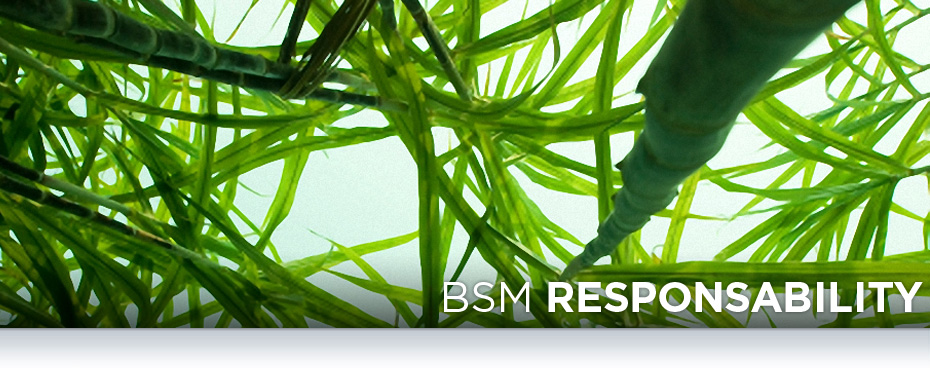Nowadays, modern companies can’t nor mustn’t leave aside the great responsibility that producing with an ecological conscience represents, and the consequences of the rational use of the planet resources are clear.
WATER
In Beta San Miguel we are concerned to keep improving the rational use of water in every and each step of the process, which has allowed us to be one of the groups with the best water use.
Currently we are reconditioning the residual water conduction lines, likewise we are getting rid of the problem of water mixing between the sugar mills and the population.
At present, the group has three water treatment plants, located in the San Rafael de Pucté Sugar Mill in the state of Quintana Roo, the San Miguel de Naranjo Sugar Mill in the state of San Luis Potosi, and the San Francisco de Ameca Sugar Mill in the state of Jalisco.
We are working alongside Federal Government organisms to guarantee and improve our ecological conditions. Currently we are working in the “ZERO water consumption” program.
AIR AND COGENERATION
BSM generates 100% of the electric power it requires for its operation from the biomass generated as a sub-product of the sugar production. This implies that BSM Sugar Mills use 0% of fuel oil or any other fossil fuel in their processes, which implies a significate reduction in the CO2 and CO emissions to the atmosphere, thus collaborating to the reduction of Carbon Footprint.
We have been implementing projects that help us mitigate gas emissions that could harm our environment, by installing equipment that allow us to wash away the gasses generated in the combustion processes. In three of the eight sugar mills, the gas emissions are totally clean.
Power energy generated excess are provided to the Federal Electricity Commission net and industrial clients. During the 2014/2015 harvest season, we had an excess of 54.5 GW/hr in the San Miguel del Naranjo Sugar Mill, 3.5 GW/hr in the Santa Rosalía de a Chontalpa Sugar Mill and 6.5 GW/hr in the Constancia Sugar Mill.
By the end of the 2015 Harvest season, a total of 68.0 GW/hr, 6.5 GW/hr and 10.0 GW/hr in the San Miguel de Naranjo, Santa Rosalia de la Chontalpa and Constancia sugar mills, respectively, can be expected.
Our upcoming projects are ambitious and we expect to achieve a power excess in the San Rafael de Pucté Sugar Mill to the same extent as in the San Miguel del Naranjo Sugar Mill, while other projects for the San Francisco de Ameca and Quesería sugar mills are being evaluated.
SOIL
We have been working in the reduction of dangerous residues generation, establishing management and control procedures that set reduction goals for mil, and follow-up plans.
FIELDS
BSM acknowledges the necessity to reduce the damage caused by different plagues in the sugarcane, by reducing the use of toxic insecticides and carrying out preventive programs, including biological control as a fundamental part of them. There’s still a lot to do, but it is important to admit the achievements and efforts of every sugar mill.
Likewise, the field technical staff has concerned to use the sub products obtained in the sugarcane process and converting them in products that can be used in the field itself. This is the case of compost.
Resulting of the great commitment that Beta San Miguel has to the environment, thanks to a teamwork effort, three of the eight sugar mills of the group have the “Clean Industry” certification, given by PROFEPA.
The certified sugar mills are: San Miguel, San Rafael de Pucté and Quesería. The rest of the mills are working on getting that certification.
Likewise, an ISO14001:2004 has been achieved in 4 sugar mills of the group, thus showing the commitment we have to prevent the environment contamination..




